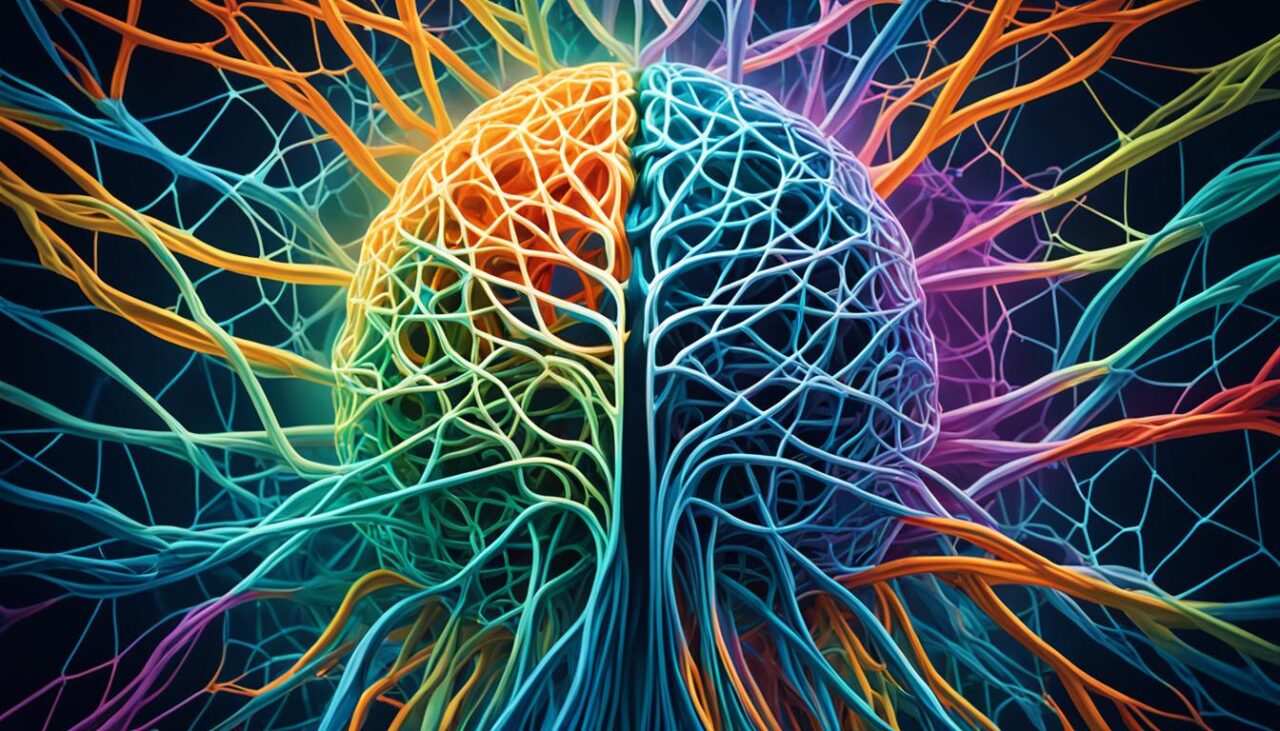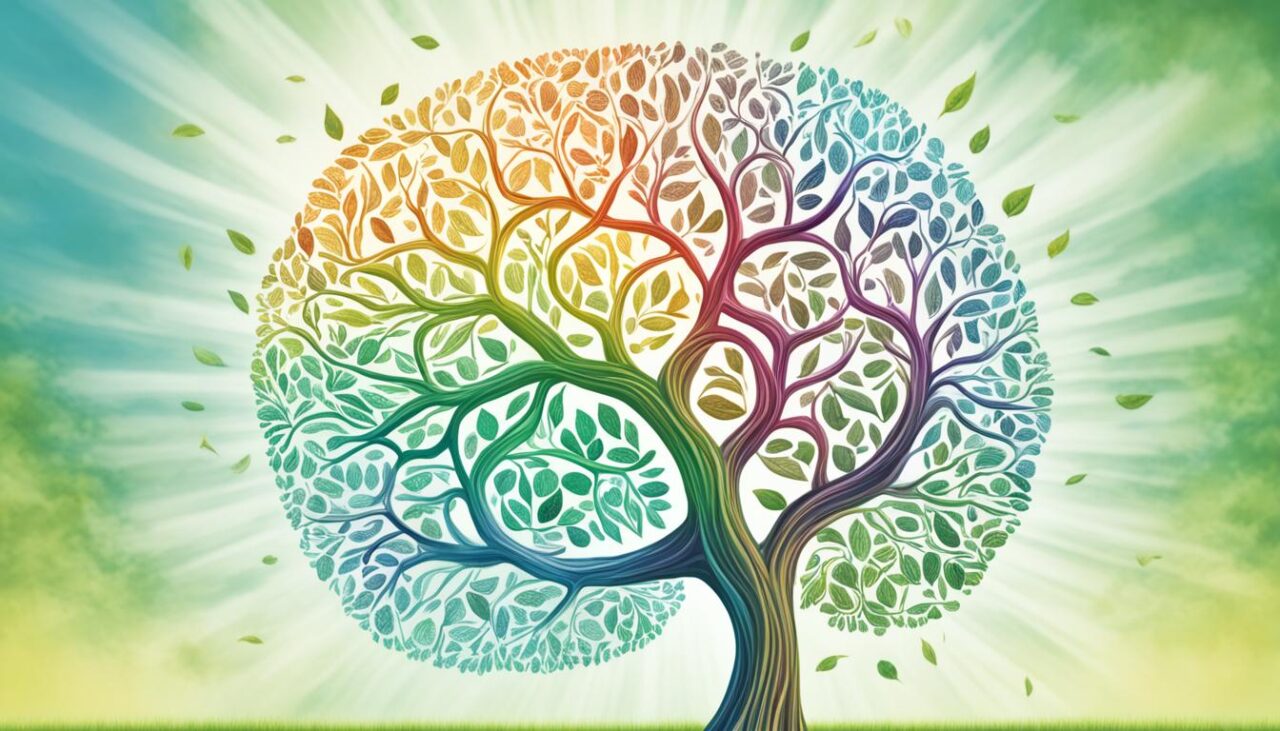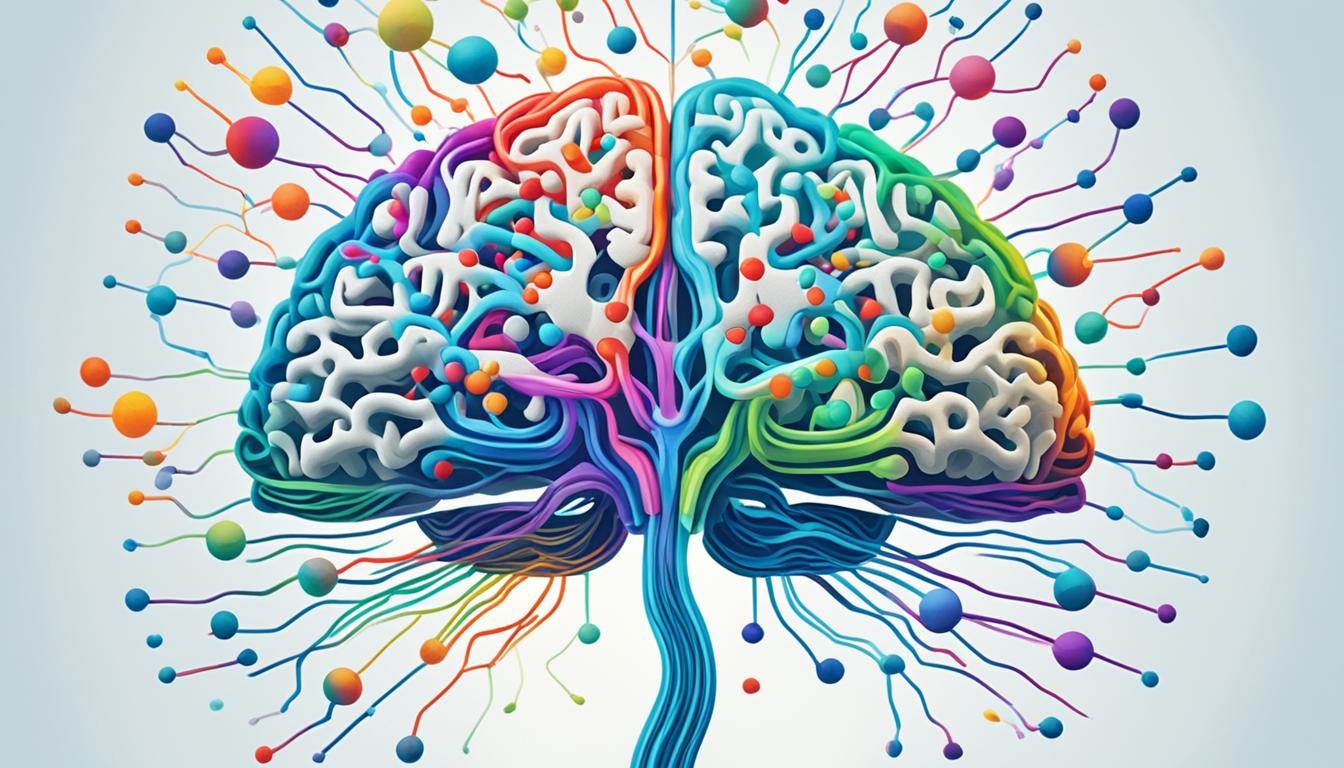The realm of psychology has evolved dramatically with the advent of social neuroscience, an interdisciplinary field that sheds light on the intricate fabric of human connections. At the heart of this exploration is our understanding of emotional intelligence, the bedrock upon which our social bonds are built and nourished. The development and maintenance of these bonds are critical, not only for individual well-being but also for the stability and health of society at large.
One of the most insightful perspectives in this domain is the burgeoning field of Interpersonal Neurobiology (IPNB). It delves into the complexities of the mind, suggesting that our very essence emerges from the interplay between our neural pathways and the relationships we forge. Our capacity for attachment and our innate drive to connect are not merely emotional concepts but are deeply rooted in our neurological makeup, a fact that continues to fascinate researchers and practitioners alike.
This synthesis of cross-disciplinary knowledge extends its impact far beyond the clinic, influencing how communities and cultures conceive mental health and resilience. By integrating this knowledge into our daily lives and practices, we stand on the cusp of a revolution in mental health care—a shift that prioritizes the whole person and their interconnectedness within a vast web of relations.
Key Takeaways
- The crossroads of psychology and social neuroscience offers deep insights into the relational roots of the mind.
- Emotional intelligence is crucial in forming and maintaining healthy social bonds and attachments.
- Interpersonal Neurobiology (IPNB) posits that mental well-being is a product of integrated and interconnected lives.
- Understanding mental health through the lens of social neuroscience can lead to more holistic and effective interventions.
- The study of attachment within the context of IPNB provides a framework for examining the profound impact of relationships on individual development.
Understanding the Relational and Embodied Nature of the Mind
The field of Interpersonal Neurobiology (IPNB) explores the profound idea that our minds extend beyond the cranial vault and are, in fact, a product of continuous interactions within our environment. A significant departure from traditional models of psychology, IPNB asserts that mental health is significantly influenced by our relational world. This novel perspective integrates knowledge from neuroscience, physics, and even mathematics, to support the assertion that emotional intelligence and connection are the cornerstones of psychological well-being.
For instance, when considering mental health, it's not merely the neurotransmitters and brain waves we must address, but rather how these biological components are shaped and refined through our encounters and bonds with others. The foundation of IPNB is a testament to the intricate tapestry of the human mind—reinforcing how our thoughts, emotions, and behaviors are intrinsically linked to the social and physical environments we navigate.
img src=”https://seowriting.ai/32_6.png” alt=”Embodied Mind and Relationships”>
At its essence, IPNB challenges us to consider that the neural pathways in our brains are like social pathways in our communities; both are built through sustained, meaningful connections.
It's the reciprocity of interaction, the shared experiences, and the collaborative meaning-making that construct our inner world as much as they do our social world. This recognition of both relational and embodied processes guides therapists, educators, and other professionals to consider all dimensions of human experience when addressing mental health challenges.
Ultimately, IPNB brings forth a holistic lens to view mental processes—not as isolated events within the brain's confines but as ever-evolving states influenced by every handshake, every conversation, and even every shared silence. It is within this relational matrix that our emotional intelligence is both forged and continuously refined, shaping how we view ourselves, interact with others, and perceive the world at large.
The Science of Human Connections
At the heart of human experience, Interpersonal Neurobiology (IPNB) bridges the gap between science and practical application in mental health. Demonstrating an interdisciplinary approach, IPNB has catalyzed a paradigm shift in therapy, treatment, and the nurturing of social bonds, guiding us through the complexities of psychological well-being and brain activity. This convergence of diverse disciplines underlines the intrinsic value of social relationships throughout our lives.
Interpersonal Neurobiology and Its Role in Mental Health
IPNB is more than a theoretical landscape; it is a linchpin in transformative mental health practices. By weaving together the fabric of scientific research, therapeutic interventions, and community-based strategies, IPNB lays down a comprehensive roadmap for clinicians and researchers alike, targeting the foundational aspects of mental health with a focus on the nuanced interplay of emotional intelligence, social relationships, and the brain's intricate machinery.
The Impact of Social Bonds on Psychological Well-Being
Social neuroscience has illuminated the profound impact of social bonds on health. Evidenced by reductions in disease risk and boosts in longevity, the merits of strong social attachments herald a clear message about the role of interpersonal connections in our lives. In contrast, the sidelines of social relationships—where isolation lies—pose significant risks to mental health, accentuating the dire need for robust social ties for our psychological resilience.
Neuroscientific Insights into Emotional Intelligence
Emotional intelligence is not a disembodied concept within the realms of social neuroscience; it is deeply rooted in the neural networks that govern our experiences of social pain and pleasure. Tenderness and torment share common pathways, revealing the intricate dance of brain activity that orchestrates our emotional literacy and its undeniable influence on our social and mental health landscapes.
The Role of Social Neuroscience in Understanding Attachments
Social neuroscience sheds light on the fundamental role that attachments play in the choreography of social conduct. Research within the animal kingdom echoes human findings, showing that attachments are not mere byproducts of societal interaction but are core elements shaped by evolutionary pressures, critical for survival and psychological well-being.

Social Bonds and Their Influence on Health Outcomes
The intricate tapestry of human interactions is fundamental to our existence, with social bonds weaving a significant impact on both mental health and physical well-being. In exploring the symbiotic relationship between our interpersonal connections and health, it becomes evident that robust relationships act as both shields and catalysts for positive health outcomes.
Our need to bond, stemming from a primitive quest for survival, carries over into modern society, affirming that the caliber of our connections can influence the duration and quality of our lives. Research in psychosocial epidemiology unwaveringly supports the premise that quality social engagements are essential for longevity; they underscore the capacity of love, friendship, and community to fortify our very lifespan.
In scrutinizing the underpinning reasons for the correlation between relationships and survivability, we encounter an intricate interplay of psychological support, stress mitigation, and behavioral patterns, all of which are integral threads in the social fabric maintaining our health. It is not merely the presence of others around us that matters, but the perceptible strength of our bonds that enkindles myriad salutogenic effects.
Indeed, society's most profound advancements in health and well-being are increasingly recognizing the need to foster stronger interconnections among its members. It has now become a pivotal insight—our health is indissociably linked to the quality of our social support systems.
As we navigate the complexities of human health, we are continually reminded that the heart of our well-being lies within the grasp of the interactions we foster. In essence, nurturing our social bonds holds a mirror to the health of individuals and, by extension, the wellbeing of society at large.
Unraveling Psychache and Its Connection to Personal and Public Health
The term psychache describes a profound and deep-seated psychological pain, which has emerged as a significant concept in understanding the complexity of mental suffering and its broader implications on personal and public health. Acknowledging psychache goes beyond mere symptom management, urging a more compassionate and holistic approach to mental health care that honors the intricate interplay between individual experiences and societal influences.
Addressing the Roots of Mental Suffering
Delving into the roots of mental suffering entails a comprehensive look at psychache as a key determinant of psychological distress. Therapeutic practices now recognize that to improve mental health outcomes, there must be a concerted effort to understand and alleviate the unique mental and relational dynamics that contribute to an individual's inner pain.
Exploring Psychache as an Underlying Cause of Suicide
The centrality of psychache in the causality of suicide cannot be overstated. With the intensity of this mental anguish often driving individuals towards suicidal ideation, recognizing and addressing psychache is crucial in preventing needless loss of life and can provide pivotal insights into the complex causes of suicide.
Integrative Approaches to Mental Health Interventions
Advancing an integrative approach to mental health interventions, the science of human connections points towards therapeutic modalities that prioritize therapeutic efficacy through empathy and relational understanding. This perspective underscores the importance of engaging clients in a manner that resonates with their lived experiences, reflecting a paradigm shift in enhancing the impact of mental health care.

Conclusion
The exploration of the Science of Human Connections through the lens of Interpersonal Neurobiology provides a rich, multifaceted perspective on the essence of mental health. This comprehensive approach underscores the inherent value of analyzing the relational and embodied aspects of the mind. Delving into the domains of psychology, social bonds, emotional intelligence, and attachment has shed light on the intricate interplay between our internal states and external relationships, and how they collectively influence our psychological well-being.
Research from a spectrum of scientific fields reinforces the notion that the fabric of human connections is a cornerstone of mental fitness. The profound implications of these findings are not just theoretical musings but real-world insights with actionable consequences. Our ability to form and maintain social bonds, exhibit emotional intelligence, and securely attach to others can be a bulwark against mental suffering or, conversely, a set of vulnerabilities that may predispose us to psychological distress.
In the current era, the imperative for mental health professionals to adopt integrative approaches is clear. These approaches, which emphasize relational understanding and the nurturing of human connections, herald a transformative shift in therapeutic practices. They offer not just a promise but a proven efficacy in improving individual well-being and, by extension, the fabric of public health. Thus, as we continue to engage with and expand our understanding of the relational dynamics within psychology, the potential to enhance the human experience becomes more tangible and profoundly significant.

